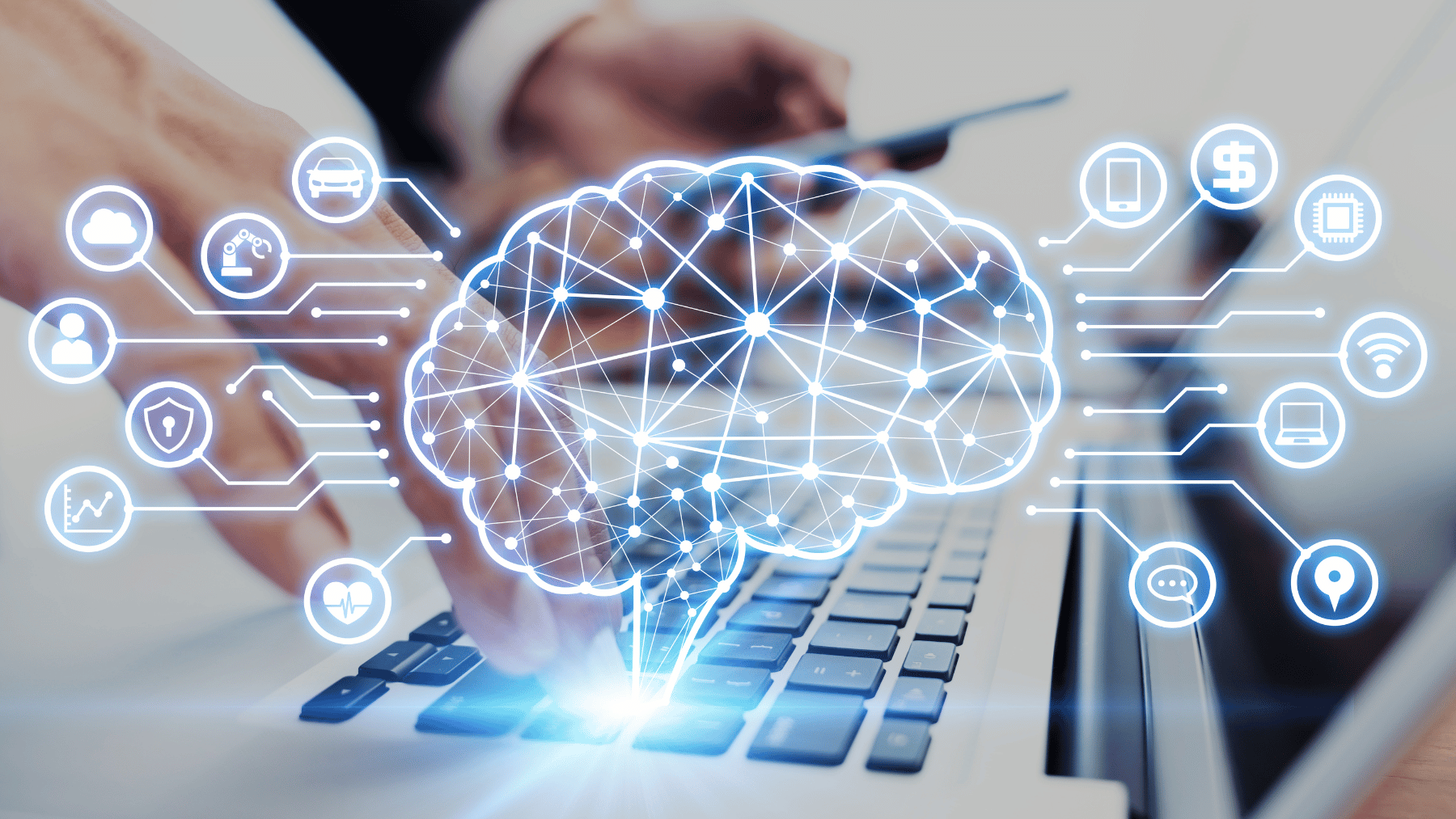
Artificial intelligence (AI) has been operating at the back end of countless online interactions for years. It’s guided retail interactions, marketing messaging, and corporate financial management. Yet it’s sometimes difficult to see AI’s role in the people-centric world of HR.
The truth is that, when used appropriately, today’s AI tools can help HR professionals spend more time focused on quality interactions with people. AI tools are geared toward streamlining processes in order to save time. In HR, AI tools can lead to a more personalized employee experience.

While these tools do require awareness and management of potential risks, there is a strong future for AI in HR. Below are four ways in which AI can support HR and employees.
AI can speed recruitment of good candidates
AI has already demonstrated its value in the recruiting space. Applicant tracking systems are using AI to filter through hundreds of candidates and resumés, bringing the most qualified candidates to the top of the list. In some cases, AI can help navigate the risk of inherent biases by allowing HR managers to screen resumés without seeing the names of candidates, universities, or other key data. AI solutions also automate the process of scheduling interviews with those candidates.
Recruiting is also a space where the drawbacks of AI have become visible. As with any AI tool, automated recruitment tools will reflect any biases built within the platform. For example, resumés are based on criteria entered by the HR manager. In rating an individual’s compatibility for a position, AI is drawing upon any biases input by the hiring manager.
The future of AI in HR requires an awareness of this risk. The good news is that awareness makes it possible to develop strategies and put practices in place to counter this challenge. In the case of these resumés, for example, it’s important to have a human eye review candidates who were not selected to ensure potential conflicts in the AI aren’t ruling out qualified candidates.
Create a more welcoming onboarding process
AI-supported tools can create a personalized onboarding experience even before day one. These solutions can provide insight into the company mission and culture to help new employees feel at ease. They can prompt employees to fill out required paperwork once employment has begun. AI-driven chat features can also help new and existing employees rapidly navigate company benefits and policies. In this way, the future of AI in HR depends upon moving HR out of the role of gatekeeper of employer policies by making this information instantly and easily accessible.
The flip side, of course, is that these tools must be equipped to keep corporate data secure. It must also make clear if and when employee data is being collected. Employees concerned about privacy risks are less likely to find the answers they want if they feel their concerns are being shared with corporate leaders.
Target training and development
HR managers already know their team members learn in different ways. AI solutions can help make it easier to deliver up-to-date training across a range of learning platforms and pathways. For example, chatbots can be used to ask iterative questions, exploring a specific employment challenge through a range of lenses and scenarios.
Organizations that have a clear sense of path progression can use automated solutions to help prompt employees to pursue training to enhance specific skill sets in order to move to new roles or responsibilities. AI can be used to target training opportunities that help employees grow in the way that best serves their career goals. In this way, AI can also remove some of the bias that comes with the promotion process, by ensuring career progression is based on skill and job fitness. To work, however, HR managers must take steps to ensure employees are not restricted in the types of training they are able to pursue.
Improve performance and engagement
AI solutions can survey employees about their experience in the workplace. The surveys offer employees certainty around anonymity to gather honest feedback. AI tools can be used to compile feedback and identify trends and guide action plans. When used in combination with AI-supported performance management tools, employers can gain insight into factors that may be contributing to turnover.
AI solutions can also encourage the use of best practices with programmed nudges. These simple management notifications can provide managers with regular reminders to take some action with their team. This is one of the many ways in which the future of AI in HR can lead to more impactful employee interactions.
Let AI tools make more time for human connection
Given the people-centric nature of HR, it can be difficult to see the potential for automating central tasks. Yet AI tools have the power to give HR managers time to take on more meaningful interactions with team members. It provides opportunities to make company information more accessible and, with careful intention, mitigate human bias. In all of these instances, it’s important to remember that AI provides a useful tool or starting point but its use requires oversight from a human employee. With awareness of these challenges, HR managers can put processes in place to account for risks while enjoying the rewards of AI solutions.
Better still, you don’t have to go through this process alone. If you’re ready for help in navigating HR best practices in this new era of AI, contact Vault today.


